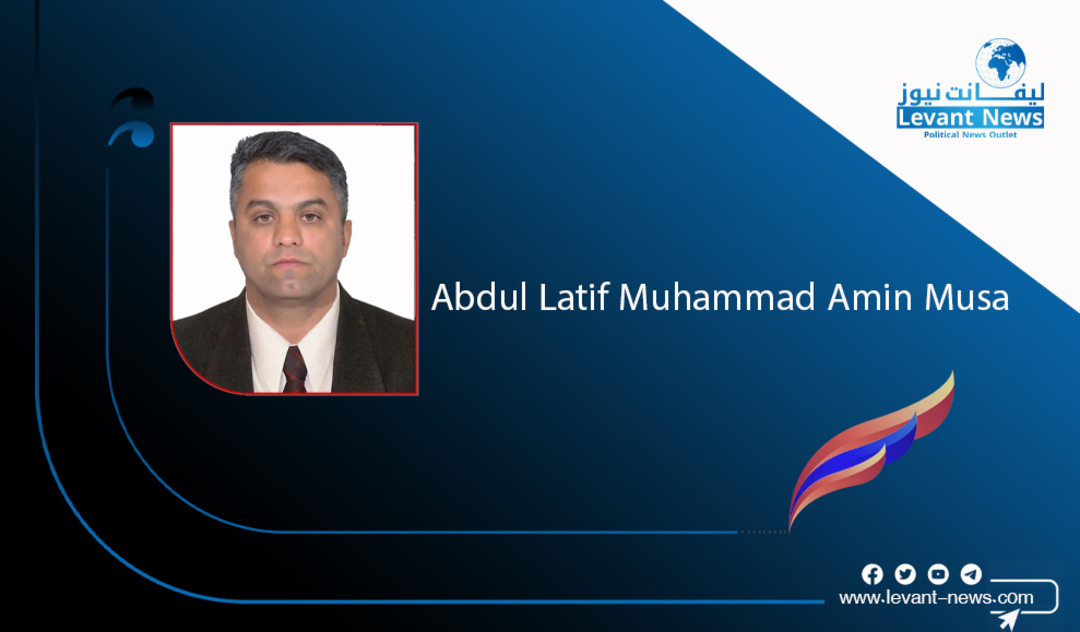-
Kurdish People in Syria Amidst the Struggle for National and Ethnic Rights

The concept of national or ethnic entitlement is a reflection of the feeling of belonging to the land, history, language, and heritage through which the Kurdish people in Syria find themselves caught in an existential struggle to implement agendas driven by successive regimes that occupied the region under the banners of colonization and occupation. These regimes employed oppressive measures aimed at erasing national and ethnic identity and weakening national belonging.
Contrary to this, the Kurdish people in Syria have worked to strengthen values of peaceful coexistence and belief in a shared destiny, within a geography and space filled with love, brotherhood, and the rejection of division and discrimination. Historically, regimes and dictatorships have always tried to impose their control on the components of Syrian society, especially the Kurdish population.
A question that may arise in the mind of the reader is: Have these regimes, with all their tools, policies, and organized plans, succeeded in subduing and deterring the Kurdish people in Syria from fighting for their national and ethnic rights, or from participating alongside other Syrian components in the struggle for freedom and against dictatorship? Have they managed to kill or erase the spirit of belonging to ethnicity, language, and history?
The stages of the Kurdish people's struggle in Syria clearly prove that their persistent fight has been to cling to their national and ethnic identity. This resilience aims to confront international, regional, and local strategies and plans that seek to assimilate them under the banners of Arabism, religion, beliefs, or a unified homeland. They have also faced preemptive accusations and attempts to ignite sectarian strife, to annex territory, diminish their international standing, and create discord among components to allow regimes to monopolize power and control governance.
The historical struggle of the Kurdish people in Syria confirms their significant and honorable role in the foundation of the modern Syrian state, evidenced by Kurdish participation in key positions such as the Prime Minister's Office, the Parliament, and the drafting of Syria’s modern constitution. These milestones affirm that the Kurdish people in Syria have neither abandoned nor capitulated to schemes aimed at discarding their national identity in the fight against dictatorship. They aspire to freedom within a united Syria, where each component preserves its specific national identity, in addition to fighting to maintain all their rights.
The Kurdish people’s steadfastness directly contradicts the false image some regimes tried to portray—that they are unbelievers in peaceful coexistence, separatists, backward, unwilling to adapt, too tribal, and a threat to civilization. The undeniable reality is that the Kurdish people in Syria are deeply influenced by their nationalistic spirit, inspired by the eternal Kurdish leader Mulla Mustafa Barzani’s resistance in Southern Kurdistan, which has reinforced their sense of national belonging.
The Kurdish resistance in Syria against the oppressive Ba’ath regime’s policies—including agricultural reforms, land confiscations in Kurdish areas, the citizenship stripping law, the Arab belt, Law 49, and other oppressive measures—has remained resilient. Despite repression, the Kurds have continued to uphold their national identity by celebrating their national occasions, especially the birthdays and death anniversaries of Mulla Mustafa Barzani, and supporting the liberation uprising in Iraqi Kurdistan.
Furthermore, Kurds have actively participated in the Syrian crisis by supporting the Syrian people's quest for identity through protests and demonstrations, diplomatic engagement with opposition factions, and presenting Kurdish rights on all international decision-making platforms. They emphasize the importance of securing and enshrining Kurdish rights constitutionally in Syria through international guarantees and under UN auspices.
The transitional authorities in Damascus have attempted, after the fall of Bashar al-Assad’s regime, to marginalize and exclude the Kurdish people and their legitimate struggle—through efforts to divide the Kurdish front, rely on Kurdish proxies, and exploit Kurdish components as temporary tools to diminish the Kurdish existence in Syria. These efforts have only increased the isolation and instability of the transitional authority, which remains unable to break free from regional dominance and their hostile policies aimed at suppressing and marginalizing the Kurdish people.
Recognizing this danger, the Kurdish leadership, headed by President Masoud Barzani, called for and sponsored a unifying conference in April to bring all Kurdish parties and factions in Syria together, fostering unity and mediating with regional and international powers to preserve the future existence of the Kurdish people in Syria and support their right to self-determination.
It is up to the Syrian transitional government to learn from past mistakes—specifically, the dangers of marginalizing the Kurdish component. They must understand the vital role played by Kurds in contributing to a democratic, diverse Syria, where power, influence, and wealth are shared among all components. They should avoid repeating previous policies of marginalization and attempts to erase their historical and national presence, as those efforts have failed, leading to the erosion of regimes and the Kurdish community’s resilience.
In conclusion, it can be said that all efforts to entangle the Kurdish people in Syria in conflicts over their national and political rights.
By Abdul Latif Mohamed Amin Musa
You May Also Like
Popular Posts
Caricature
opinion
Report
ads
Newsletter
Subscribe to our mailing list to get the new updates!





















